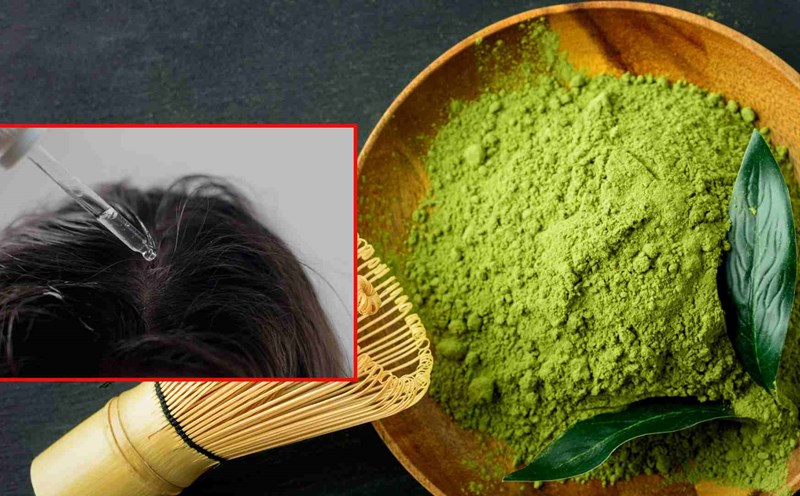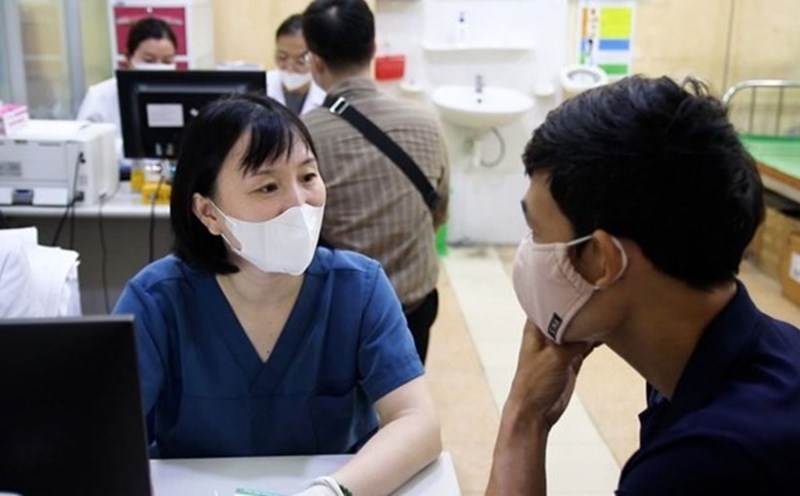Matcha, superfood or a double-edged sword?
Matcha tea is hailed as one of the most popular superfoods today. Unlike regular green tea, matcha is smoothly ground from the entire tea leaf, helping to retain many nutrients such as catechin, L-theanine and caffeine. Thanks to that, this tea not only has a unique flavor but also brings many health benefits: increases alertness, supports metabolism, and is antioxidant.
However, according to experts, matcha is not always safe. Consuming too much can cause worrying side effects. Vidhi Chawla, a nutritionist at Fisio Diet Clinic (India), said: "The benefits of matcha are real, but the same is true of the risk of consuming too much. The important thing is to use it in moderation, up to 1 - 2 cups per day".
7 dangerous side effects of overusing matcha
First, the pollutants in matcha flour can affect health. Because it is made from entire tea leaves, matcha can easily accumulate heavy metals, floras or pesticides from planted soil. A study in the Journal of Consumer Protection and Food Safety warned that matcha may contain traces of these substances, especially if they originate from polluted areas.
Second, toxic to the liver and kidneys. Catechin in matcha is beneficial when used in moderation, but too much can cause nausea, liver dysfunction, and even affect the kidneys. The National Institute of Diabetes, Gastroenterology and Nephrology (USA) has recorded similar cases.
Third, high blood pressure. Although green tea is often considered good for the heart, research in the European Journal of Clinical Nutrition shows that drinking a lot of matcha can cause a slight increase in blood pressure, especially in people with underlying diseases.
Fourth, it is unsafe for pregnancy. High caffeine content can cause miscarriage, premature birth or low birth weight. Pregnant women should minimize matcha, or only use it when prescribed by a doctor, Ms. Chawla emphasized.
Fifth, an allergic reaction. Some people may experience rashes, itching, and shortness of breath when exposed to matcha.
Sixth, the risk of esophageal cancer. Drinking matcha that is too hot can damage the esophageal lining, which in the long run leads to an increased risk of cancer.
Seventh, digestive problems. High levels of polyphenols and caffeine can easily cause nausea, diarrhea, and even worsen irritable bowel syndrome (IBS).
Advice for safe use
To take advantage of the benefits without risks, experts recommend:
Choose organic matcha, clear origin.
Only use 1 - 2 cups per day.
Drink in the morning or early afternoon, avoid near bedtime.
Let the tea cool down before drinking.
Matcha can be part of a healthy lifestyle, as long as you know where to stop. Consider it a dietary supplement, not a pharmic, Ms. Chawla recommends.










